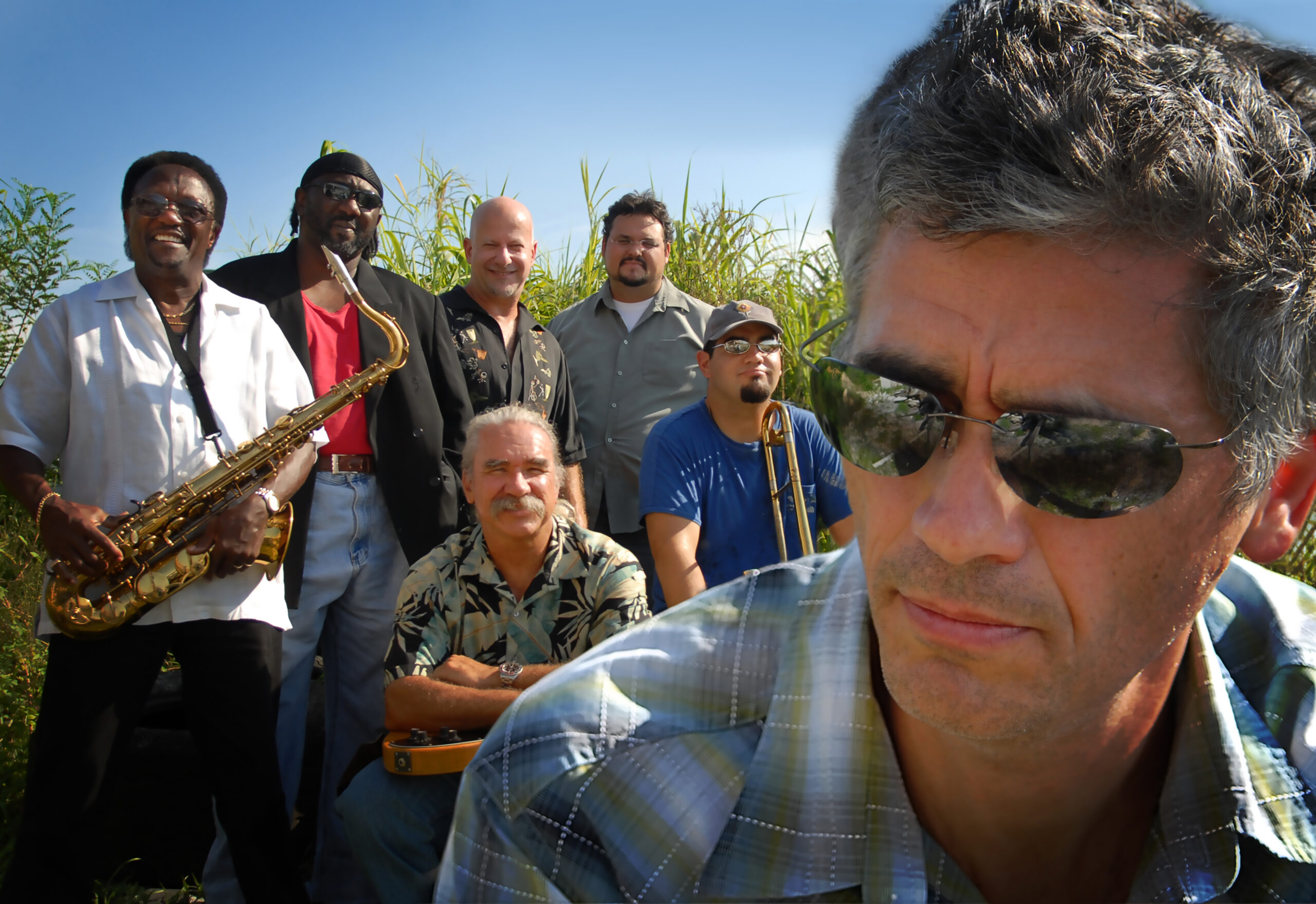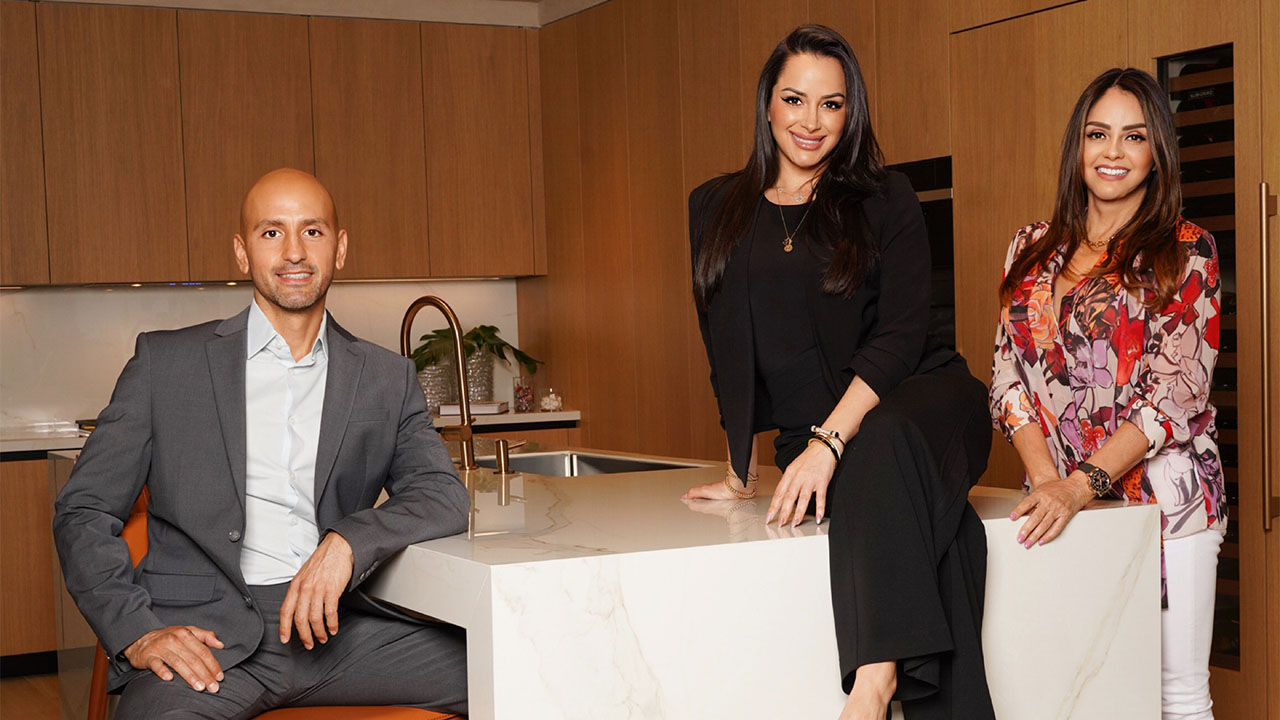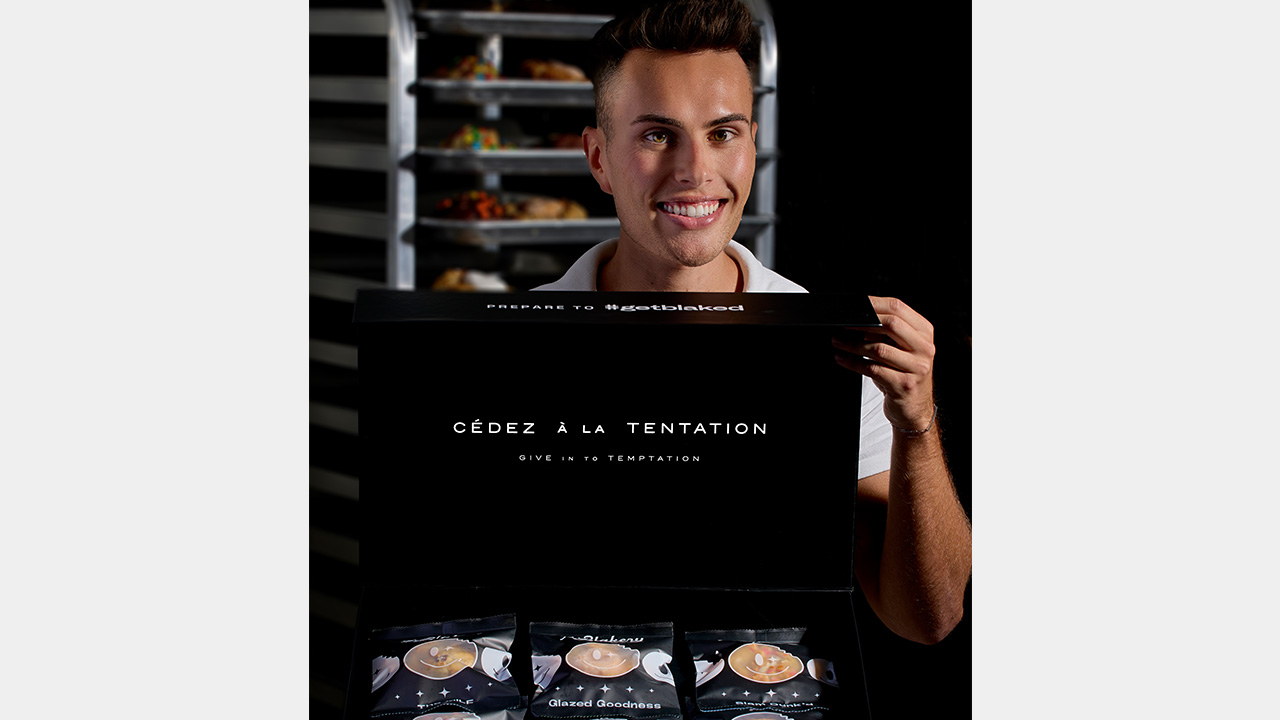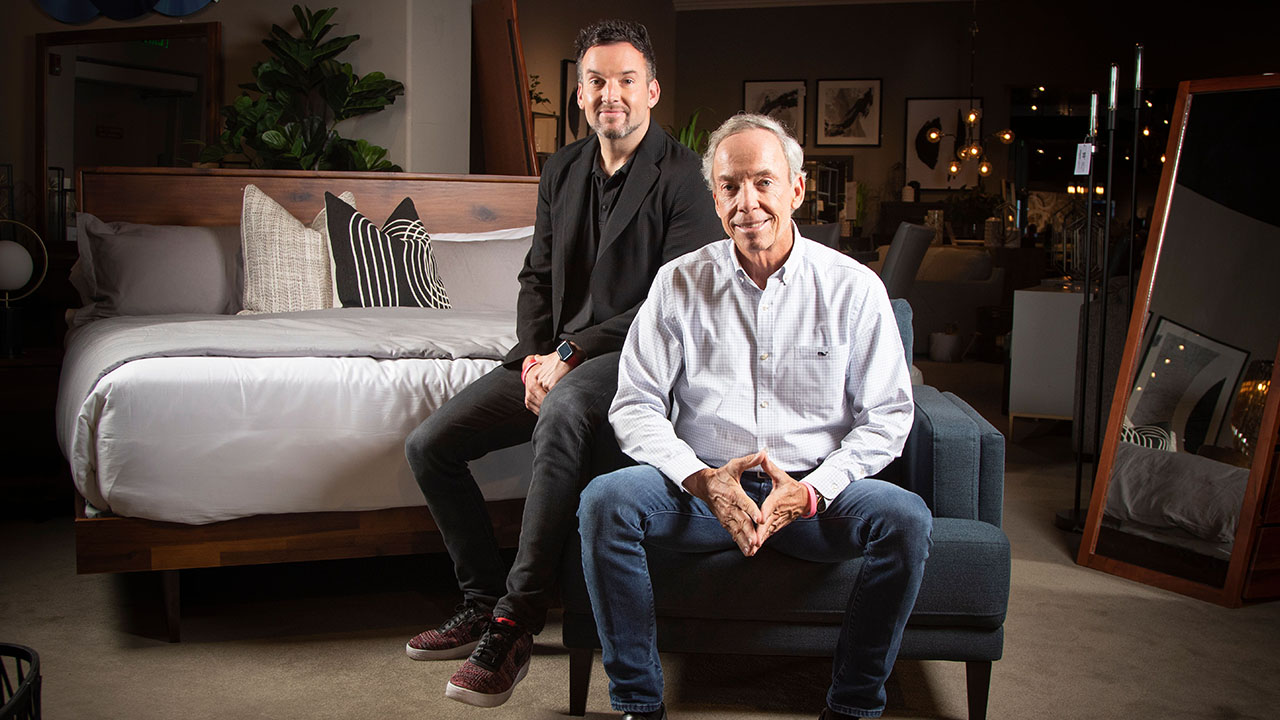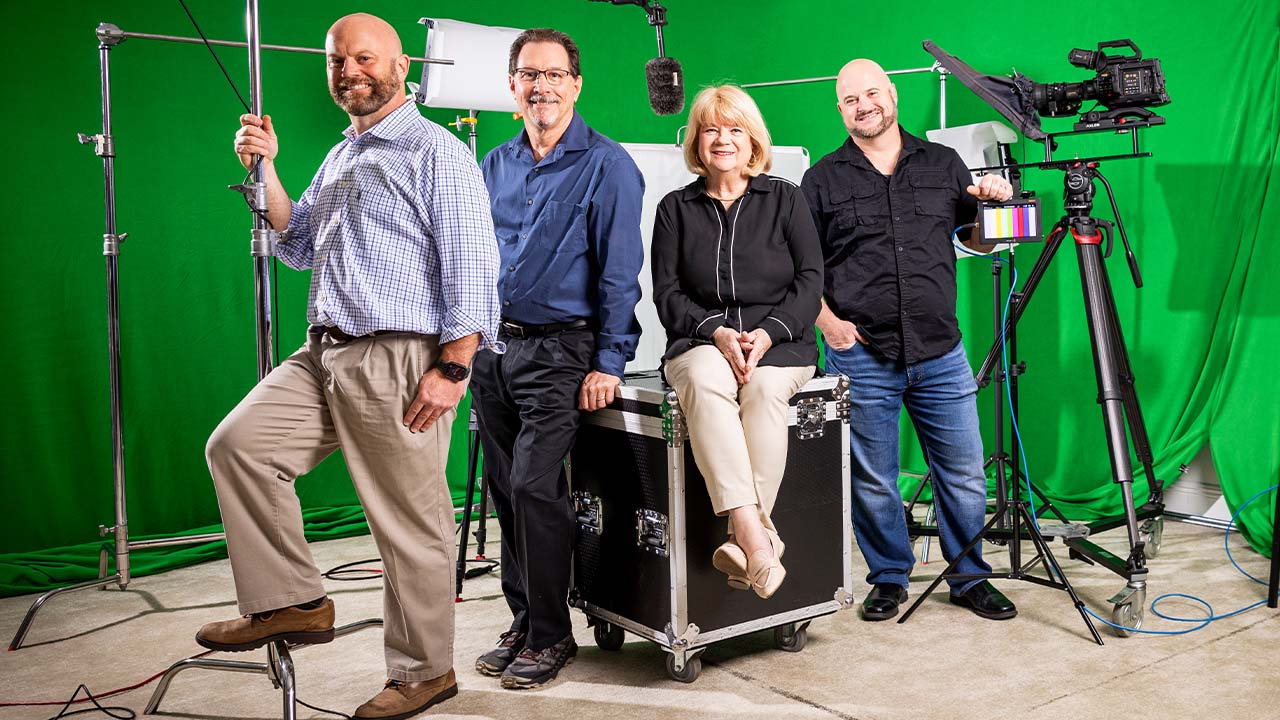The first two things you realize about Bruce Turkel when you meet him is that he’s haimish—one of those nearly untranslatable Yiddish words that means a mixture of warmth, familiarity and unpretentiousness—and that he’s a talker. The founder of Turkel Brands—he’s also a motivational speaker and author—arrives to the table of conversation voraciously. But if Turkel is living his bliss, his new book—Is That All There Is?—came about from conversations he’s had that reflect a pervasive sense of unfulfillment and unease, even among those who seem, by all appearances, to be successful. Turkel talked to SFBW about purpose, passion and pay. And singing.
Here’s a good place to start, given your advertising and branding expertise. I’m an avid Mad Men fan, and your book made me think of Don Draper remarking, “I was raised in the ’30s; my dream was indoor plumbing.” This showed that even then, more than 50 years ago, he was out of step with what fulfilled people. Even the Peggy Lee song that shares the title of your book, “Is That All There Is?,” was written in the 1960s.
I have found that what you are saying is exactly the zeitgeist of our times. For anyone who has some degree of success, you think, what right do I have to be unhappy with this? My grandfather came from Poland, and if I would have said, I don’t find my job fulfilling, he wouldn’t have even understood the language I was speaking, even though he spoke English by the time I was born. He could not have conceived of it. I pretty much have learned that there’s only around six acceptable careers, for those with an immigration background: accounting, architecture, law, medicine, teaching and business—and that was it. You couldn’t do anything else, because what kind of job was that? What right do I have to complain? There are people who can’t feed their families.
And in researching your book, you found this nagging dissatisfaction to be ubiquitous?
As you get closer to self-actualization, then you start to get these feelings. Every person I spoke to—and I interviewed about 50 people, and profiled 14 of them in the book—every person has this issue, and every person looks to different ways to deal with it. I thought, mistakenly, when I started, that I’d be talking to people in their 70s and 80s, but I kept getting referred to younger and younger people who were successful, who were saying, “Yeah, but now what?”
What’s the way out of what can be a very depressing trap?
I think there’s just this enormous sense of, there’s got to be something else, I need to do something else. And based on what modern society gives us, and based on what science has taught us, a lot of the old rules don’t work. If you are spiritual or religious, and that works for you, fantastic, but I didn’t find a lot of people who said that that was the panacea for them. Rather, what mattered to them were the three Ps: purpose, passion and pay. They didn’t express it in these terms, but those were the patterns. The obvious one, pay, does not necessarily mean money. It could be “attaboys” or being creative, seeing an idea to fruition. Purpose is basically, why are we here? And passion is, what is it that turns you on? What is it that matters? And the people who find a combination of those things are the people who are the happiest.
What do you have to say to the exiles from New York? What kind of edge did your New York background give you once you sought to establish yourself in Miami?
My entire family lived in New York—but my parents lived here. My dad was stationed here in the Air Force. When he got out of the Air Force he went back to New York, met my mother on Long Island and moved to South Beach. That’s where I was born and that’s where I grew up. Twice a year we’d go up to New York, so when I meet people from the South, they all think I’m a New Yorker. When I was in design school, if you wanted to go into advertising, at the time you had to go to New York—or Chicago or Los Angeles, but really New York. I just didn’t like living there—I missed the water, I missed the casual life of having shorts in the trunk and going to the beach. I didn’t like the anonymity of New York, and I really didn’t care about the partying and the clubs, or any of that.
I was eager to come to Miami and that’s what I did. Was it an advantage? I think so. First of all, I got to lord it over other people—“You know, when I was in New York … .” My guess is that I did a little bit of that, which is probably obnoxious, but what the hell—it got me jobs. If you read the part of the book about Ed Wasserman—he was the John S. and James L. Knight Foundation professor of journalism ethics at Washington and Lee and is the former dean of the Graduate School of Journalism at Berkeley—he got his undergrad at Yale, he got his master’s from the Sorbonne and he got his Ph. D. from the London School of Economics. So, he says when he was getting out of journalism and he applied to be the chair of ethics at Washington and Lee, and then after that, the deanship at Berkeley, he said having those three schools on my résumé gave him options that he never would have had he not had that level of credibility, even though he hadn’t studied journalistic ethics at those schools. My point is that the New York thing didn’t make me better at what I do, but it did give me opportunities and advantages when we pitched accounts—when we went to Bacardi or the Discovery Channel. They could have seen me as a small guy with a little agency in Miami, but they said, “Oh, you worked on the Myers rum business in New York.” It gave me a greater ability to sell my story.
To go back to seeking success, isn’t what holds people back this sense of crushing fear?
The biggest fears are fear of disappointing someone—and the fear of humiliation. That seems to be the big thing that stops people. People don’t seem to say, “What if I fail and can’t pay the mortgage?” I haven’t heard that, although that’s a pretty logical fear. What they say is, “What if I suck? This is my dream.”
When I was growing up, my biggest fear was singing in public—and now I speak at conferences around the world, and I sing as part of what I do and play in bands and sing. And I was terrified to do it, and I forced myself to do it. I learned if you learn how to do something, you can overcome the fear of it. If you’re afraid of heights, you’re not going to jump out of an airplane, but if they would take the course, I think they would be less afraid, because it’s quite a logical process. Same with learning how to sing.



